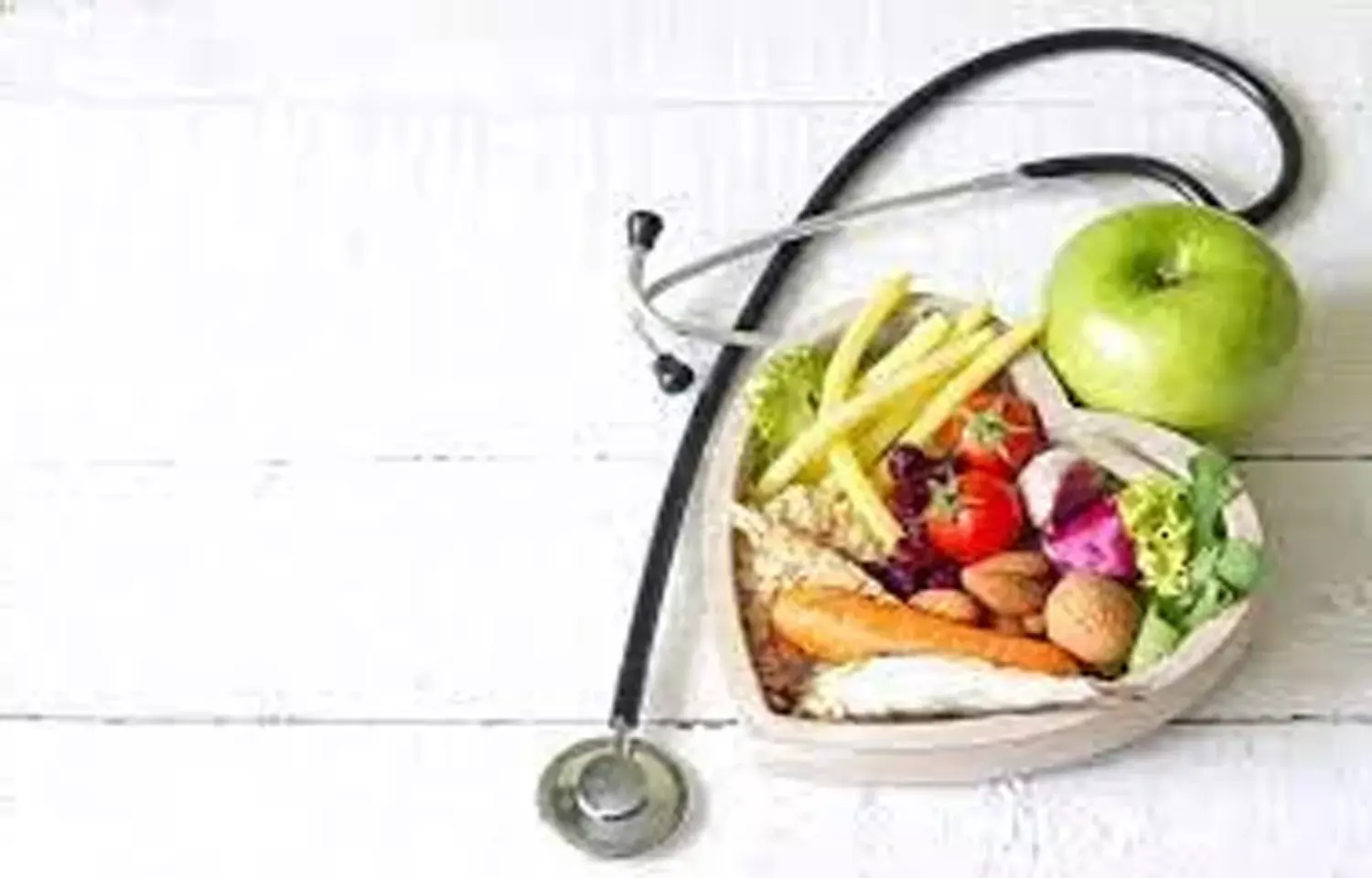- Home
- Medical news & Guidelines
- Anesthesiology
- Cardiology and CTVS
- Critical Care
- Dentistry
- Dermatology
- Diabetes and Endocrinology
- ENT
- Gastroenterology
- Medicine
- Nephrology
- Neurology
- Obstretics-Gynaecology
- Oncology
- Ophthalmology
- Orthopaedics
- Pediatrics-Neonatology
- Psychiatry
- Pulmonology
- Radiology
- Surgery
- Urology
- Laboratory Medicine
- Diet
- Nursing
- Paramedical
- Physiotherapy
- Health news
- Fact Check
- Bone Health Fact Check
- Brain Health Fact Check
- Cancer Related Fact Check
- Child Care Fact Check
- Dental and oral health fact check
- Diabetes and metabolic health fact check
- Diet and Nutrition Fact Check
- Eye and ENT Care Fact Check
- Fitness fact check
- Gut health fact check
- Heart health fact check
- Kidney health fact check
- Medical education fact check
- Men's health fact check
- Respiratory fact check
- Skin and hair care fact check
- Vaccine and Immunization fact check
- Women's health fact check
- AYUSH
- State News
- Andaman and Nicobar Islands
- Andhra Pradesh
- Arunachal Pradesh
- Assam
- Bihar
- Chandigarh
- Chattisgarh
- Dadra and Nagar Haveli
- Daman and Diu
- Delhi
- Goa
- Gujarat
- Haryana
- Himachal Pradesh
- Jammu & Kashmir
- Jharkhand
- Karnataka
- Kerala
- Ladakh
- Lakshadweep
- Madhya Pradesh
- Maharashtra
- Manipur
- Meghalaya
- Mizoram
- Nagaland
- Odisha
- Puducherry
- Punjab
- Rajasthan
- Sikkim
- Tamil Nadu
- Telangana
- Tripura
- Uttar Pradesh
- Uttrakhand
- West Bengal
- Medical Education
- Industry
Can Eating Alone Be Bad for Your Heart?

CLEVELAND, Ohio - As women age, their risk of cardiovascular disease (CVD) exceeds men's largely because of decreased levels of estrogen that regulate vascular function. As a result, much research is focused on various risk factors. A new study suggests that eating alone may contribute to an increased risk of heart disease in older women. Study results are published online today in Menopause, the journal of The North American Menopause Society (NAMS).
As part of the overall effort to reduce the incidence of CVD, there has been a growing awareness of healthy eating habits; however, the importance of having an eating companion has been largely overlooked in previous studies. Recent changes in society have meant that more people than ever are eating alone. Some of the primary reasons include a rise in the number of single-person households. Social distancing protocols introduced in response to the COVID19 pandemic have further restricted eating meals with others. Additionally, mobile platforms for food delivery services have become more popular, further motivating people to eat alone.
With more people eating alone, health concerns have been raised. A previous study reported that a higher frequency of eating alone is associated with a higher risk of abdominal obesity and elevated blood pressure. When eating alone, people tend to eat faster, which often leads to increases in body mass index, waist circumference, blood pressure, and blood lipid levels, all of which can increase the risk of metabolic syndrome and CVD.
Eating alone also can affect mental health and has been reported as a risk factor for depression, which is also linked with an increased risk of CVD. Although these findings suggest that eating alone is a risk factor for CVD in older women, few studies have investigated the relationship between eating alone and the prevalence of CVD. Researchers in this study involving nearly 600 menopausal women aged older than 65 years sought to compare health behaviors and nutritional status between older women eating alone and those eating with others and to investigate the relationship between eating alone and the prevalence of CVD and its risk factors in older women.
On the basis of the results of this study, researchers concluded that older women who ate alone had poorer nutritional knowledge and intake. More specifically, it was found that older women who ate alone had lower intakes of energy, carbohydrates, dietary fiber, sodium, and potassium that those who ate with others. In addition, older women eating alone were 2.58 times more likely to have angina, a type of chest pain caused by reduced blood flow to the heart and a symptom of coronary artery disease. These results suggest the value of nutrition education and CVD screening for older women who mainly eat alone.
Study results are published in the article "Association between eating alone and cardiovascular diseases in elderly women: a cross-sectional study of KNHANES 2016 data."
Hina Zahid Joined Medical Dialogue in 2017 with a passion to work as a Reporter. She coordinates with various national and international journals and association and covers all the stories related to Medical guidelines, Medical Journals, rare medical surgeries as well as all the updates in the medical field. Email: editorial@medicaldialogues.in. Contact no. 011-43720751
Dr Kamal Kant Kohli-MBBS, DTCD- a chest specialist with more than 30 years of practice and a flair for writing clinical articles, Dr Kamal Kant Kohli joined Medical Dialogues as a Chief Editor of Medical News. Besides writing articles, as an editor, he proofreads and verifies all the medical content published on Medical Dialogues including those coming from journals, studies,medical conferences,guidelines etc. Email: drkohli@medicaldialogues.in. Contact no. 011-43720751


